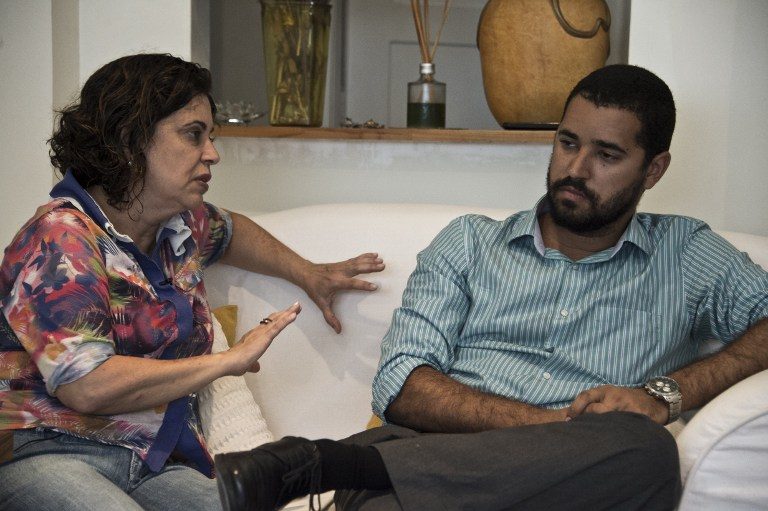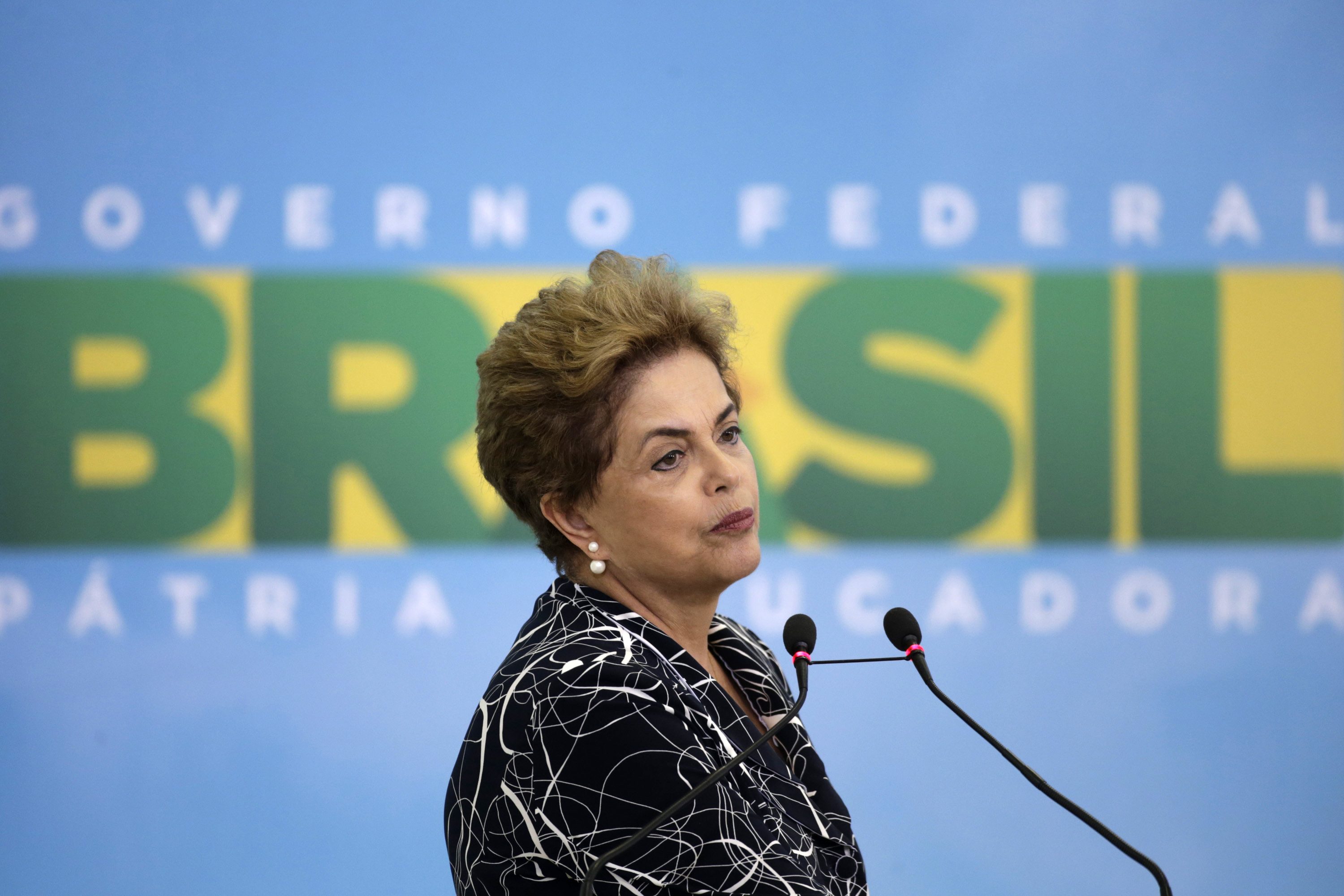SUMMARY
This is AI generated summarization, which may have errors. For context, always refer to the full article.

RIO DE JANEIRO, Brazil – Like Brazil itself, Dayse Lima’s family is deeply split over the political firestorm threatening to force President Dilma Rousseff from power.
Lima, a 54-year-old government worker and staunch Rousseff supporter, got so angry at her son Gustavo for bashing the president that she stopped speaking to him.
Gustavo, a 27-year-old energy analyst who lived with his mother, then decided to leave home and move in with his girlfriend.
Brazil, a sprawling country of great diversity and huge inequalities, is a house divided as the Senate prepares to vote on impeaching Rousseff.
And the vitriolic political debate has sometimes played out over kitchen tables and between friends.
Often, the fights break out through the screen of a computer or cell phone, and that was how Dayse and Gustavo started their spat.
“My son was making provocative comments on Facebook, so I unfriended him,” Dayse said.
Dayse, who lives in a middle-class neighborhood in Rio de Janeiro and works at the National Nuclear Energy Commission, is a fierce defender of the progressive social programs rolled out by Rousseff’s Workers’ Party, which has governed Brazil for the past 13 years.
Like the embattled president, she calls the impeachment proceedings a “coup.”
‘Intolerant times’
Her son Gustavo claims no party, but says he likes the right-wing protest movement pushing to oust Rousseff and jail the corrupt politicians implicated in the swirling scandal at state oil company Petrobras.
To his mother’s ire, he has also posted comments on social media criticizing the Workers’ Party for creating a “welfare culture” with its pro-poor programs.
“It’s been very hard to handle,” said Dayse.
After reaching a truce of sorts in the wake of their Facebook fight, she and Gustavo are on speaking terms again.
But the tension flares any time politics comes up.
“He’s more interested in disagreeing than contributing ideas. That’s why we’re all living through these intolerant times. I see that rivalry everywhere – at work, among friends, and of course at home,” Dayse said.

Those divisions are repeated across the country.
Pro- and anti-impeachment protesters have flooded the streets in recent months, and outside Congress police have set up a huge metal barricade to separate the rival camps during the Senate vote.
Less football, more politics
The tension has had a visceral effect on Dayse. She was so upset the day the lower house of Congress voted to impeach Rousseff, on April 17, that she broke out in a rash.
She says social networks have only made things worse in Brazil, a highly connected country that has the third-most Facebook users in the world, after the United States and India.
But Gustavo welcomes the heightened interest in politics in a nation where football is often the only topic capable of arousing such passion.
“There had never been such a large political debate in Brazil, and that is mainly driven by the increased reach of the media,” he said.
“But I’ve started trying to voice my opinions less on social networks, because you can’t have a true political debate there. It just creates friction.”
Jose Antonio Martinuzzo, a political analyst and professor at the Federal University of Espirito Santo, said Brazil’s “political polarization” online reflects its deeper divisions.
“The attacks on social networks are the sign of a torn society, in which we try to destroy anything different,” he said.
Dayse and Gustavo agree on one thing: neither places much faith in politics these days.
But whether Rousseff is ousted or not, they may still be a long way from making peace. – Maira Renou, AFP / Rappler.com
Add a comment
How does this make you feel?
There are no comments yet. Add your comment to start the conversation.